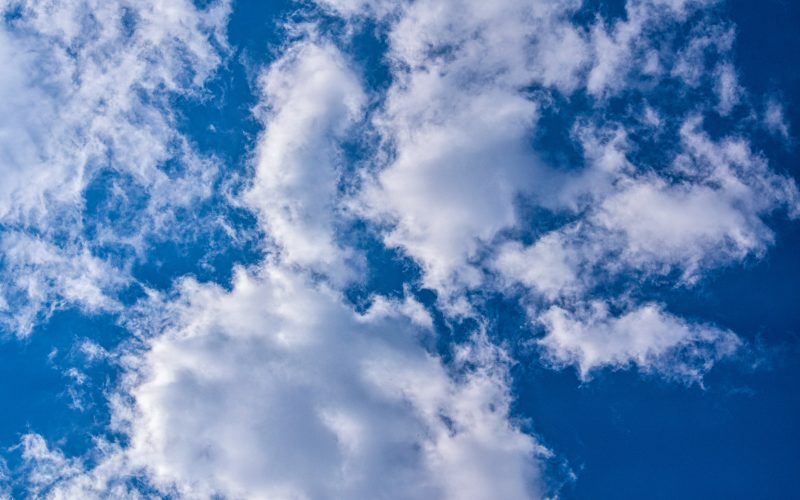I’m excited to shed light on the crucial topic of how clean air plays a significant role in supporting the health and well-being of Black communities. With growing concerns about environmental justice and racial disparities, it’s essential to explore how clean air can positively impact these communities and contribute to their overall thriving.
Clean air is not just a luxury, but a fundamental human right that should be accessible to all. Research has shown that poor air quality disproportionately affects marginalized communities, including Black communities, due to factors such as industrial pollution, transportation emissions, and residential segregation. These environmental challenges can have detrimental effects on the health and quality of life of individuals living in these areas.
One of the ways clean air helps Black communities thrive is by improving respiratory health. Air pollution, particularly fine particulate matter (PM2.5) and ozone, can exacerbate respiratory conditions such as asthma, which disproportionately affects Black individuals. Cleaner air can reduce the occurrence and severity of respiratory issues, leading to improved health outcomes and a higher quality of life for individuals in these communities.
In addition to respiratory health, clean air can also positively impact mental health and cognitive function in Black communities. Studies have shown that air pollution can have adverse effects on mental health, including increased stress, anxiety, and depression. Black individuals, who may already face systemic racism and discrimination, can be particularly vulnerable to these impacts. By improving air quality, we can create a healthier environment that promotes mental well-being and cognitive function, ultimately supporting the thriving of Black communities.
Clean air also plays a significant role in economic and social justice for Black communities. Many industries that contribute to air pollution, such as manufacturing and transportation, are located in or near marginalized communities, leading to health disparities and economic inequity. By addressing air pollution and promoting clean air, we can advocate for environmental justice, ensuring that Black communities have the same opportunities for economic prosperity and social well-being as other communities.
Furthermore, clean air can contribute to the overall livability of Black communities. Poor air quality can impact the aesthetics and cleanliness of neighborhoods, leading to reduced quality of life and decreased community pride. On the other hand, clean air can create a more pleasant and inviting environment, fostering community engagement, and promoting social cohesion. This can lead to a stronger sense of community and a better overall quality of life for residents in Black communities.
In conclusion, clean air is not only essential for human health but plays a critical role in supporting the thriving of Black communities. By addressing air pollution and promoting clean air initiatives, we can improve respiratory health, mental well-being, economic opportunities, and overall community livability in these communities. It’s imperative to recognize the importance of clean air as a basic human right and advocate for policies and actions that promote environmental justice and equitable access to clean air for all communities, including Black communities. Together, we can work towards a future where clean air is a reality for everyone, leading to healthier, more resilient, and thriving Black communities.












